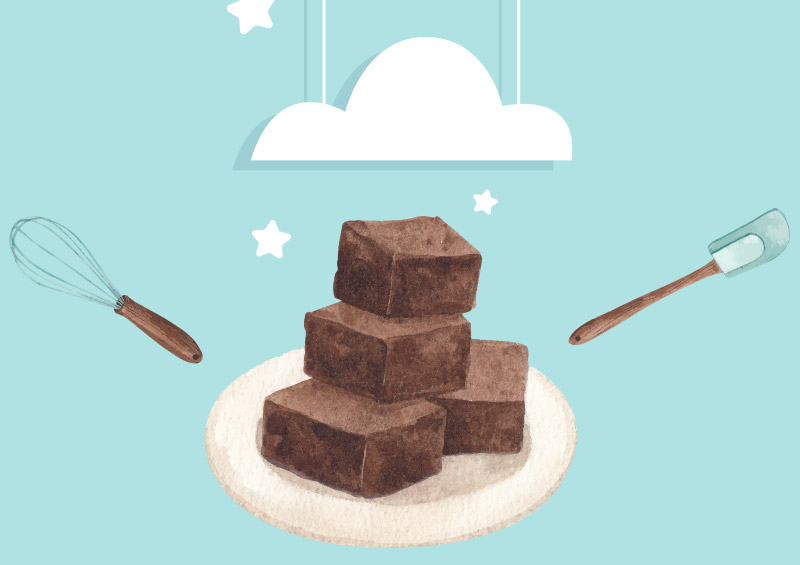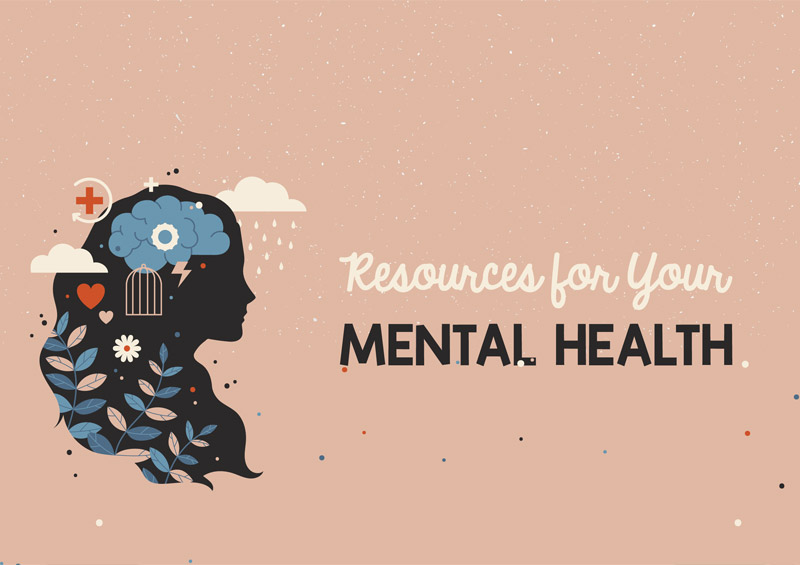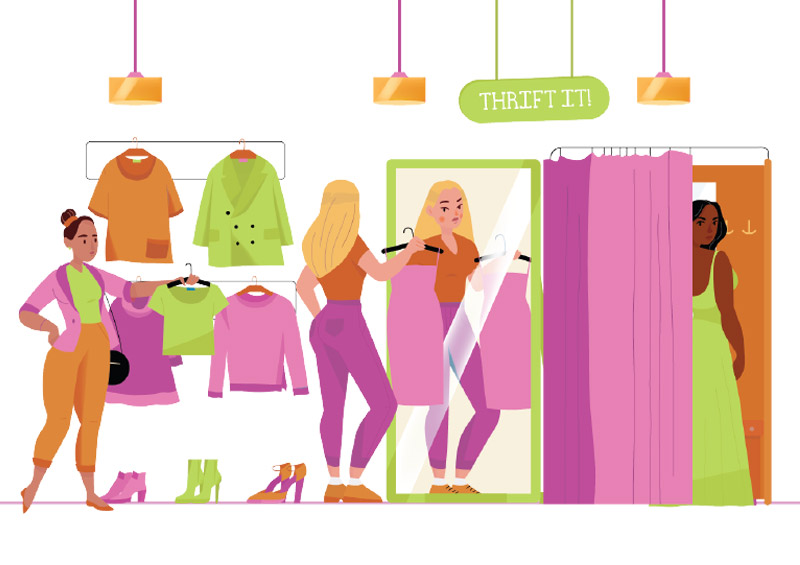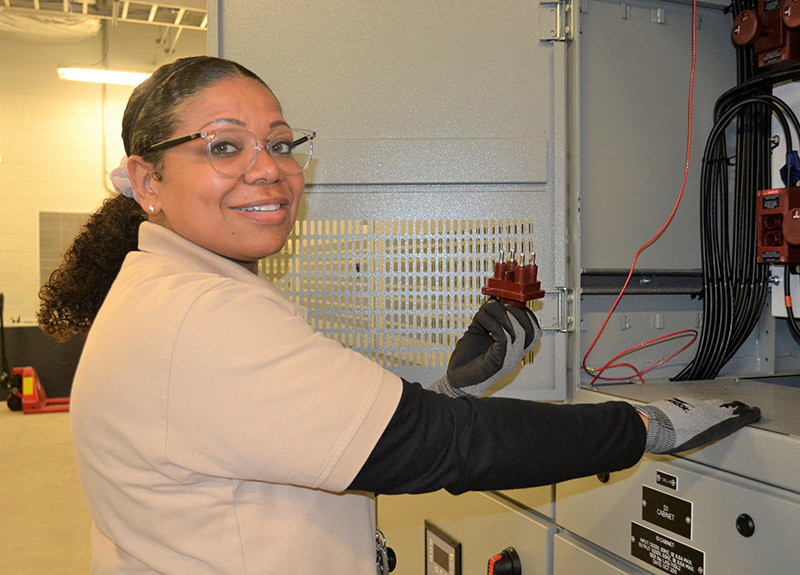Steps to Improve Your Self-Worth
(and Therefore Your Self-Esteem!)
STAGE I: INTERNAL SELF-VALUATION
(THINGS YOU CAN DO IN PRIVATE)
Practice a self-love mantra. Come up with a simple phrase that communicates a positive thought about yourself such as “I am lovable” or “I’m a good person” and say it aloud to yourself three times every morning when you wake up and every night when you go to bed.
Get off social media, put down your phone, and stop watching television. Make the choice to stop subjecting yourself to fabricated ideals of what you are supposed to look like or do. At the very least, limit your time with screens and do something active.
Read more books. To improve your understanding of the world and the minds of others, read more. You’ll start to see things from a variety of perspectives and realize there is never just one right way. It will help you accept the imperfections of life.
STAGE II: EXTERNAL SELF-VALUATION
(THINGS YOU CAN DO IN PUBLIC)
Participate in group activities you enjoy. If you enjoy playing sports, join a team. If you enjoy acting, volunteer for the school drama department. By actively doing things that bring you joy, you will spend more time living in the moment instead of worrying about other things.
Make friends. Spend quality time with people who are worthy of your friendship. Being around people who know you and appreciate you the way you are will boost your self-esteem. Pay attention to how people in your life make you feel and stick to those friends who leave you feeling at ease.
Be kind. When you do kind things for people, especially when those people don’t seem to deserve it, you can’t help but see yourself as a good person worthy of love.
Be vulnerable. Do not take yourself too seriously. Intentionally make a mistake or be willing to embarrass yourself so you’ll see that the world won’t come to an end. For example, raise your hand in class and give an answer that you know may not be right. You will show yourself and others that mistakes are okay, and you will realize that mistakes are separate from you as a person. Mistakes do not define you.





















